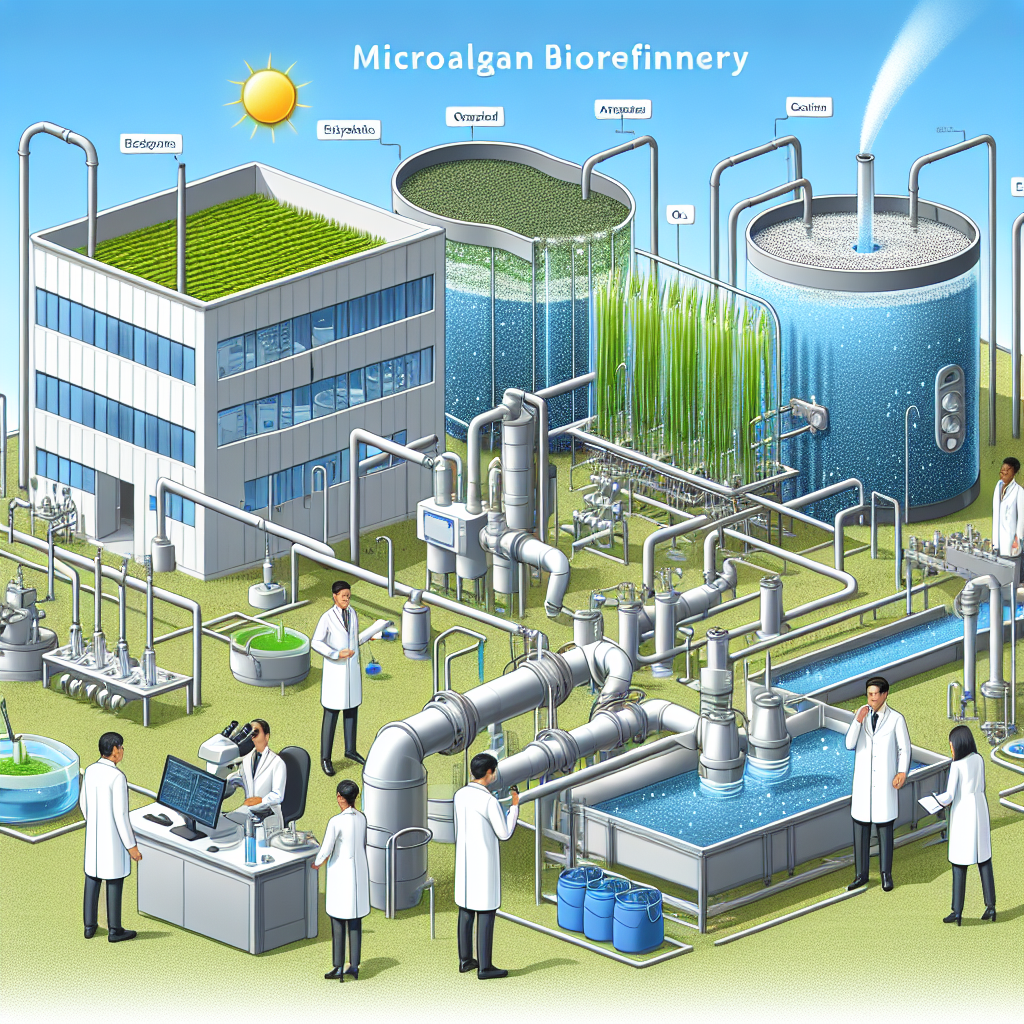IIT Guwahati's Green Revolution: Transforming Wastewater into Clean Energy
Researchers at IIT Guwahati have created a microalgal biorefinery model that converts wastewater into clean energy. This innovative project employs large-scale reactors and green chemistry to produce biofuels while treating wastewater. It successfully removes pollutants and generates by-products like biodiesel and hydrochar.

- Country:
- India
Researchers at the Indian Institute of Technology (IIT), Guwahati, have devised a groundbreaking microalgal biorefinery model. The project innovatively transforms wastewater into clean energy by using advanced reactor systems and sustainable thermochemical conversion processes combined with green chemistry. This effort produces biofuels while efficiently treating domestic and industrial wastewater.
The team, led by professors including Kaustubha Mohanty, utilized large-scale photobioreactors to maximize algal growth. Their design integrates a waste-to-energy system converting harvested algae and sewage sludge into biocrude, a petroleum-like fuel. This development demonstrates the potential of a circular bio-economy approach.
Published in 'Energy Conversion and Management,' the research shows a remarkable 40% biocrude yield. The team further innovated by converting leftover solids and liquids into products like biodiesel and hydrochar, contributing to a sustainable, integrated biorefinery system and addressing escalating urban waste challenges.
(With inputs from agencies.)










